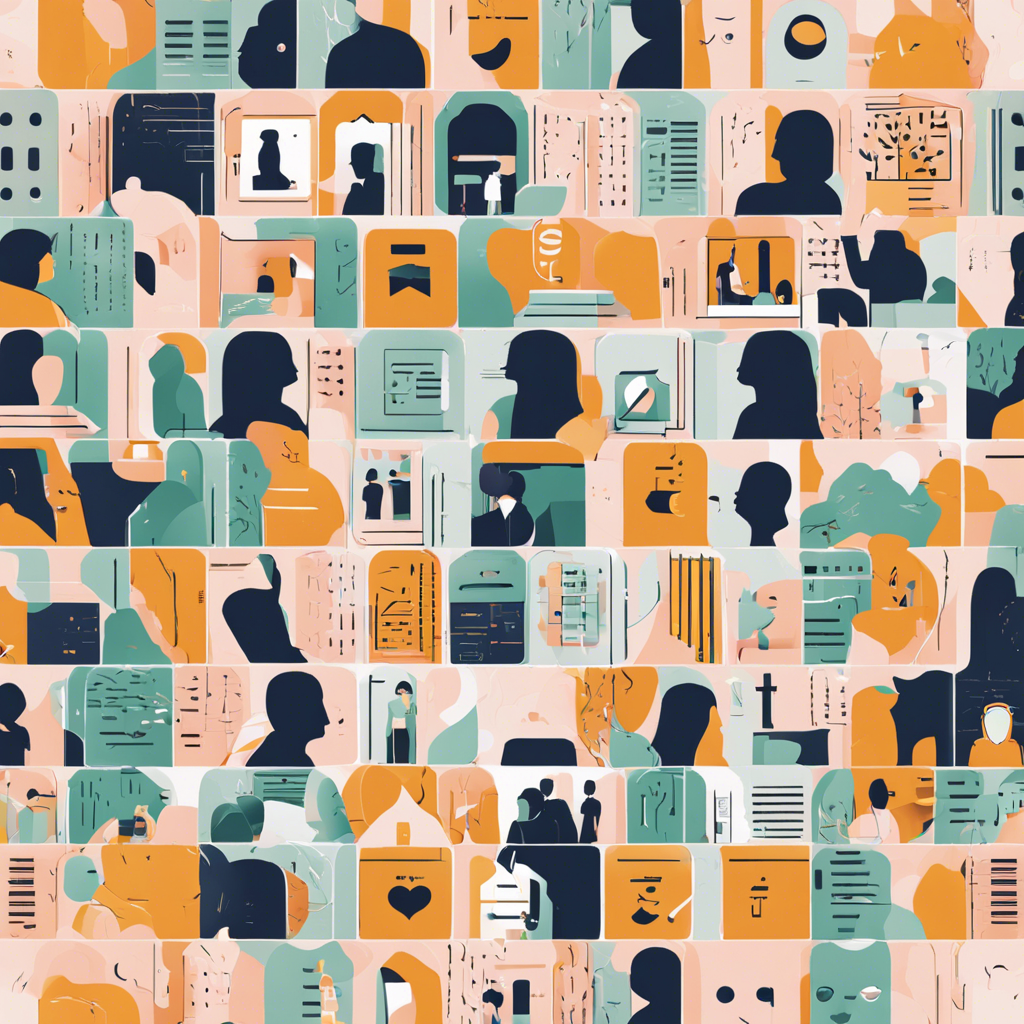The mental health field is undergoing a significant transformation as AI-powered tools are being developed to support and enhance traditional therapeutic practices. These innovative technologies offer new ways to approach emotional wellness, providing accessible and effective solutions for individuals seeking improved mental health.
AI-based mental health apps, for instance, have gained traction in recent years. These apps utilize natural language processing and machine learning algorithms to provide personalized support and guidance to users. They can help track moods, offer tailored recommendations, and even provide virtual therapy sessions, all while ensuring privacy and confidentiality. With their convenience and accessibility, these apps have the potential to reach and assist individuals who may not otherwise seek professional help.
Another area where AI is making significant contributions is in the detection and treatment of mental health disorders. AI-powered tools can analyze speech and language patterns to identify early signs of conditions such as depression, anxiety, or even psychosis. By detecting subtle changes in vocal tone, word choice, and language usage, these tools can provide valuable insights for healthcare professionals, enabling earlier interventions and more effective treatments.
AI is also being utilized to develop virtual reality (VR) and augmented reality (AR) therapies. These immersive technologies allow individuals to confront their fears and challenges in a safe and controlled environment. For example, VR exposure therapy has been used to help individuals with phobias or post-traumatic stress disorder (PTSD) face their fears gradually and in a manageable way.
Additionally, AI-powered chatbots and virtual assistants are being developed to provide emotional support and compassion to users. These virtual companions can offer a sense of connection and understanding, responding to individuals’ needs and providing a safe space to express emotions and thoughts.
The impact of AI in mental health extends beyond individual users. It also has implications for the wider mental health community, including healthcare professionals and researchers, by offering new tools and insights for improved patient care and understanding.
AI can assist therapists and counselors in various ways, such as providing data-driven insights to inform treatment plans or offering virtual therapy platforms that enable remote sessions with patients. Furthermore, AI-powered tools can analyze large datasets to identify patterns and trends in mental health disorders, helping researchers develop more effective treatments and interventions.
As AI in mental health continues to evolve, it is important to approach these technologies with both enthusiasm and caution. While AI offers immense potential, it should be seen as a complementary tool to support, rather than replace, traditional therapeutic practices. Ethical considerations, privacy protections, and ongoing research are essential to ensure the responsible development and implementation of AI-powered mental health solutions.
